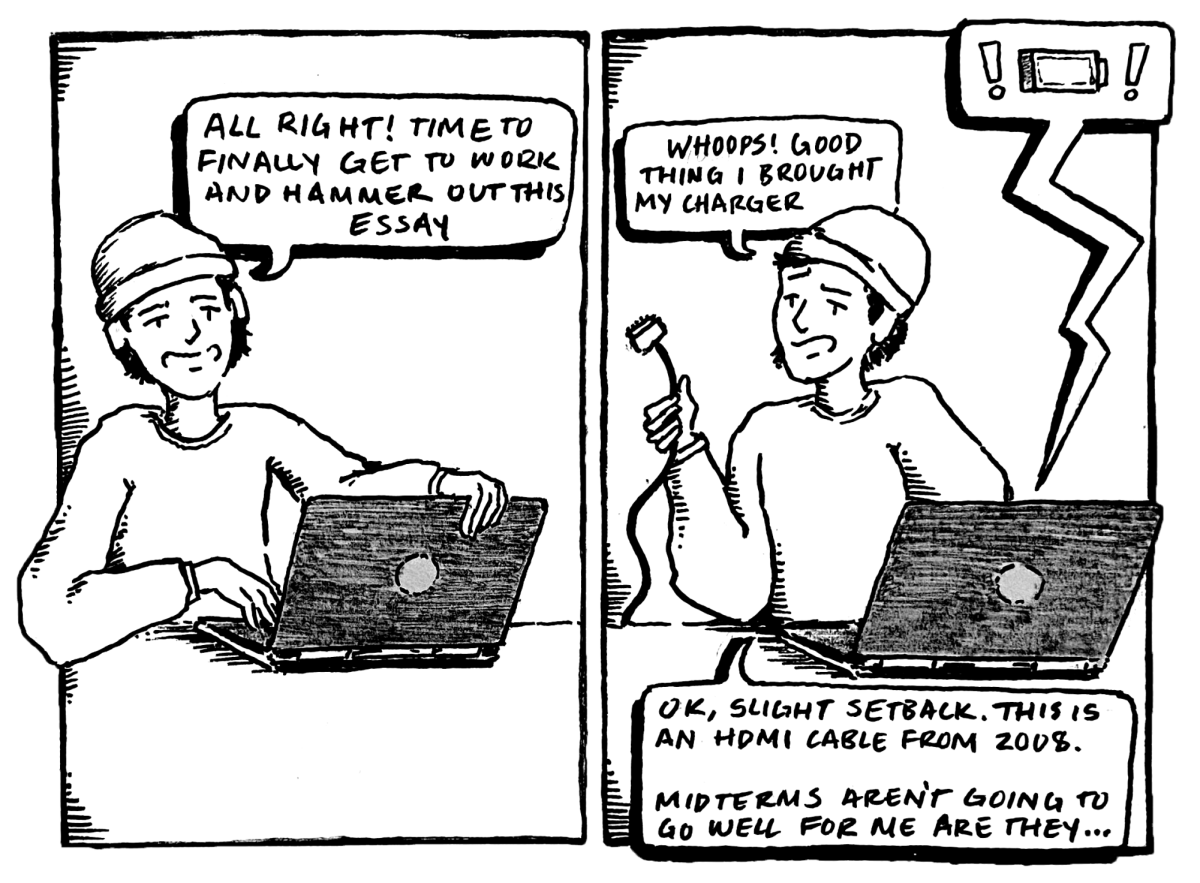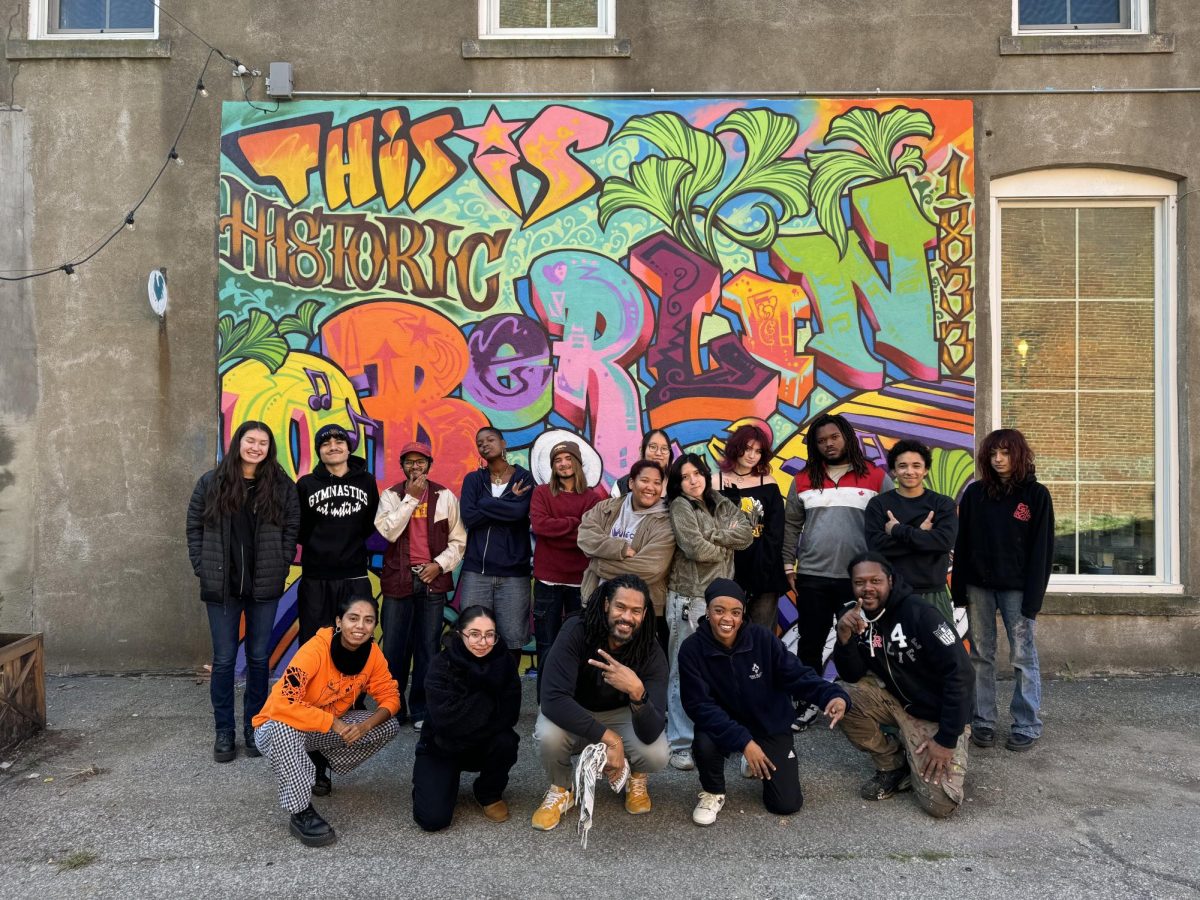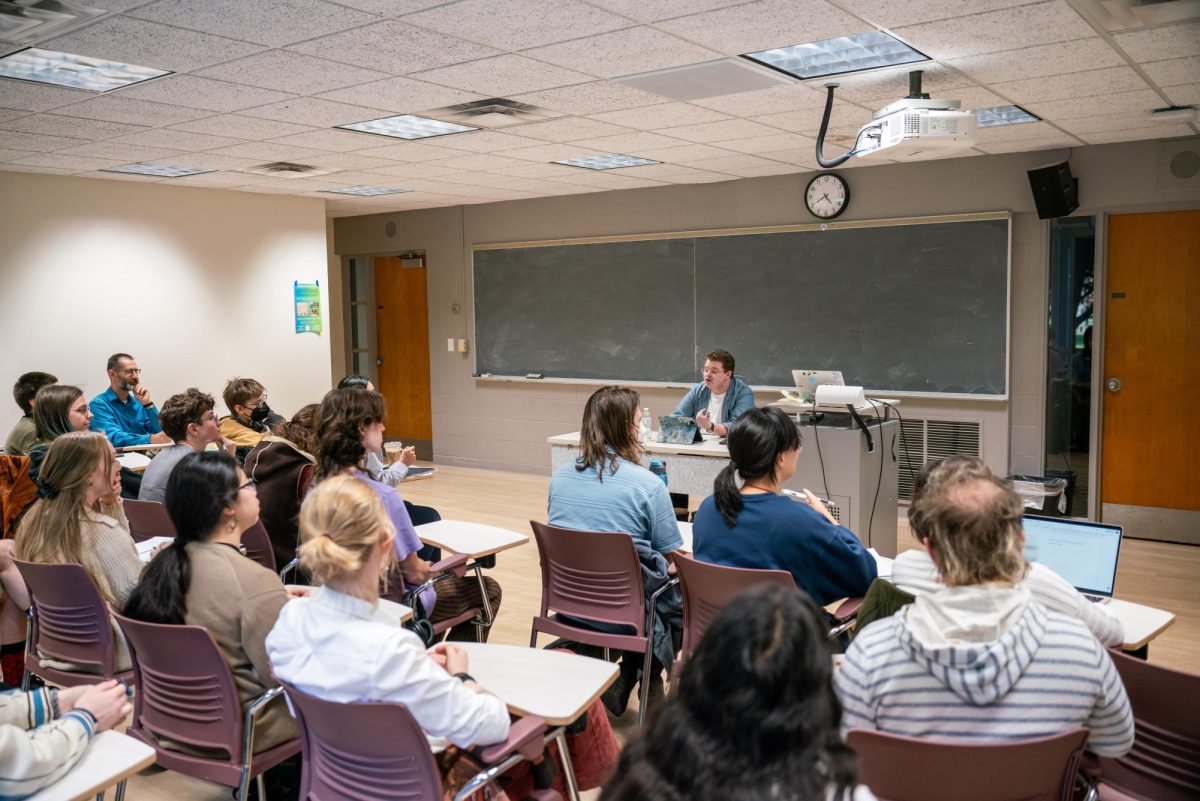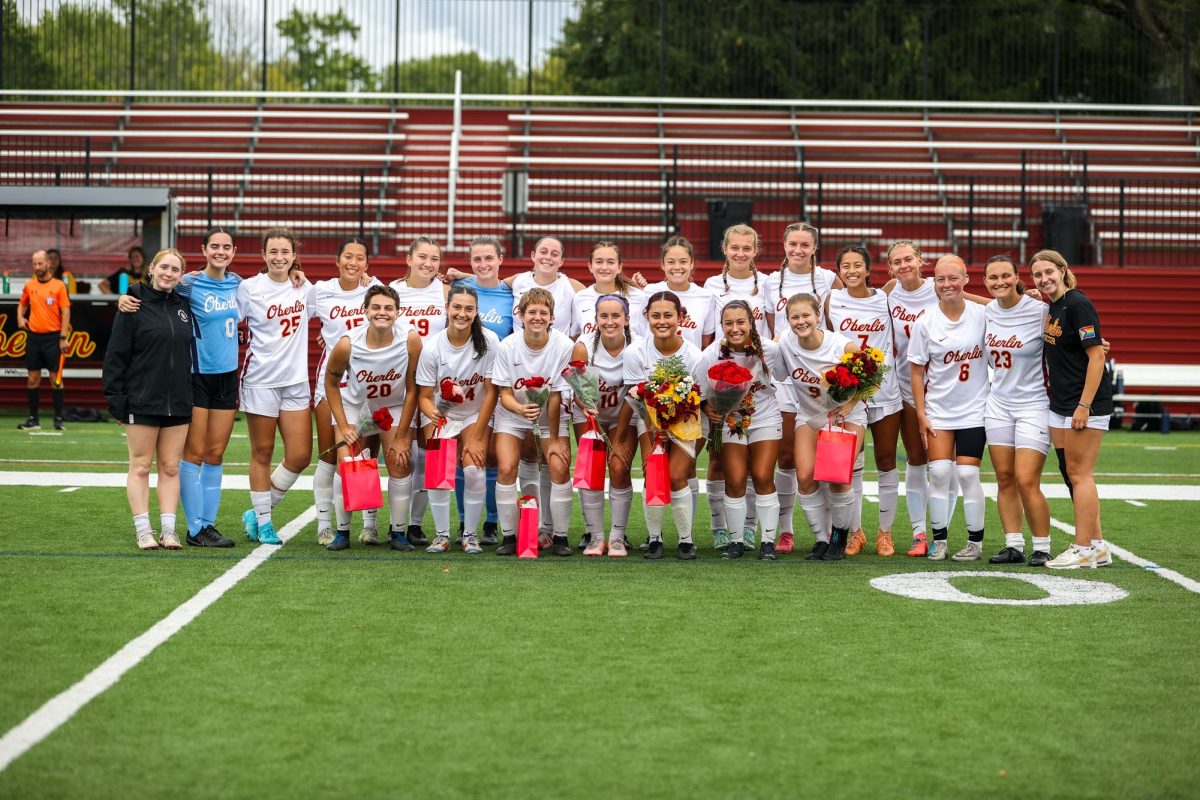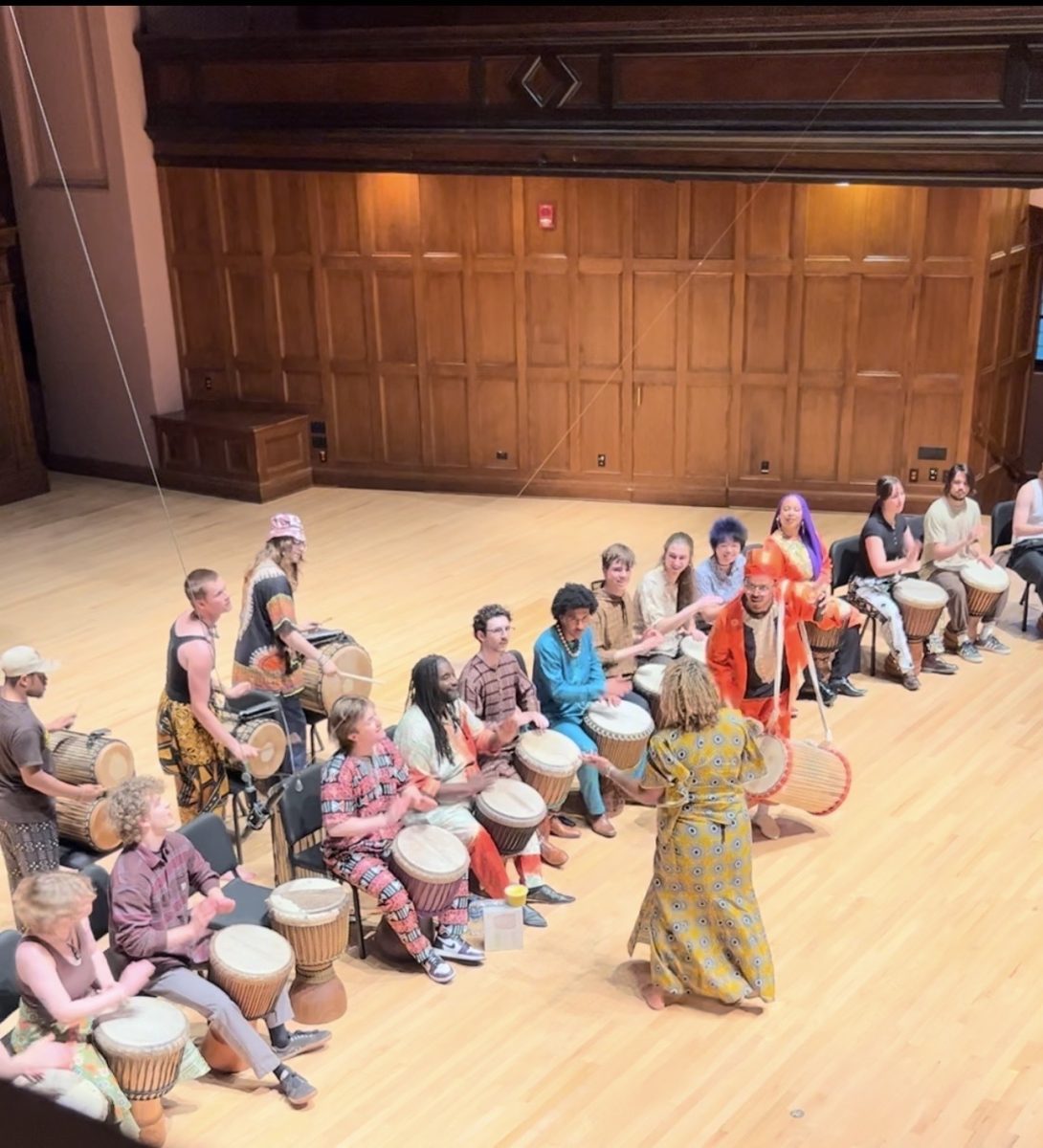Students Seek Transparency at Trustee Forum
October 9, 2015
The Board of Trustees scattered among five classrooms in King Hall for its first student forum of the school year last Thursday. Despite the fragmented format, students voiced unified concerns regarding endowment payout cuts, the status of divestment proposals from Students for a Free Palestine and Oberlin Fossil Fuel Divestment and increased transparency in the Board’s deliberation processes.
Student attendees in each of the five groups pressed Board members about potential cuts to the College’s $800-million endowment payout and how they would impact tuition and student services. All trustees at the forum stated that there had been no official decision about cutting the payout.
“The amount that’s paid out under the endowment is a topic of constant conversation,” Board of Trustees member David Krischer, OC ’78, said in one of the meetings. “The endowment looks like a huge amount of money — and for real people, it is — but compared to a lot of our peer institutions it’s relatively small.”
Still, some students pushed back and asked for trustees to think critically about which programs would suffer if it ultimately did decide to cut the endowment’s payout.
“When you cut from the endowment [payout], that means less money for certain things on campus,” College sophomore and Student Senator Anjali Kolachalam said in the same meeting. “I think I can speak for a lot of people in this room when I say that they don’t want that sacrifice.”
Some members of Students for a Free Palestine and Oberlin Fossil Fuel Divestment requested updates about the status of their proposals. College junior and SFP member Dana Colihan said that the group submitted its divestment proposal in February and that the Board has consistently delayed making a decision.
Board of Trustees Member Joe Condon, OC ’13, said that the Board is continuing to deliberate both the SFP and fossil fuel divestment proposals. Condon added that he appreciated the quality of the proposals and students’ continued interest in these topics.
The Board’s alleged lack of transparency was called to attention in relationship to both the potential endowment payout cuts and student proposal deliberations. Students requested further insight into the Board’s decision-making process and asked why they are excluded from conversations behind closed doors. Board members mostly cited issues of legal liability in response to students’ concerns about being left in the dark.
“The Board is listening, and the fact that there isn’t a final decision and the fact that we’re not able to divulge the process of the debate does not mean we aren’t listening,” Krischer said. “I don’t think any of us genuinely know what the decision will be. It’s a vigorous debate. My thinking on a number of issues has changed as a result of a lot of these kinds of conversations.”
Another issue that came to the forefront of conversations in each of the groups included a six-point proposal from a body of international students. The group requested the creation of an international alumni database and network and an on-campus cultural ambassador, among other programs.
The forum’s new format divided attendees into groups of approximately 20 students and three trustees, as opposed to past years when meetings were held in larger spaces like Stevenson Dining Hall and the Science Center.
“The breakout rooms were Senate’s way of [dividing the issues],” said College fifthyear and Student Senate Liasion Megs Bautista. “Last semester, the rooms had themes and this year we didn’t get enough feedback from students to do that.”
The College’s Steering Committee — comprised of trustees, faculty, students, staff, administrators and alumni — is expected to announce its strategic plan in December. The plan will likely address issues of endowment cuts and student divestment proposals.








